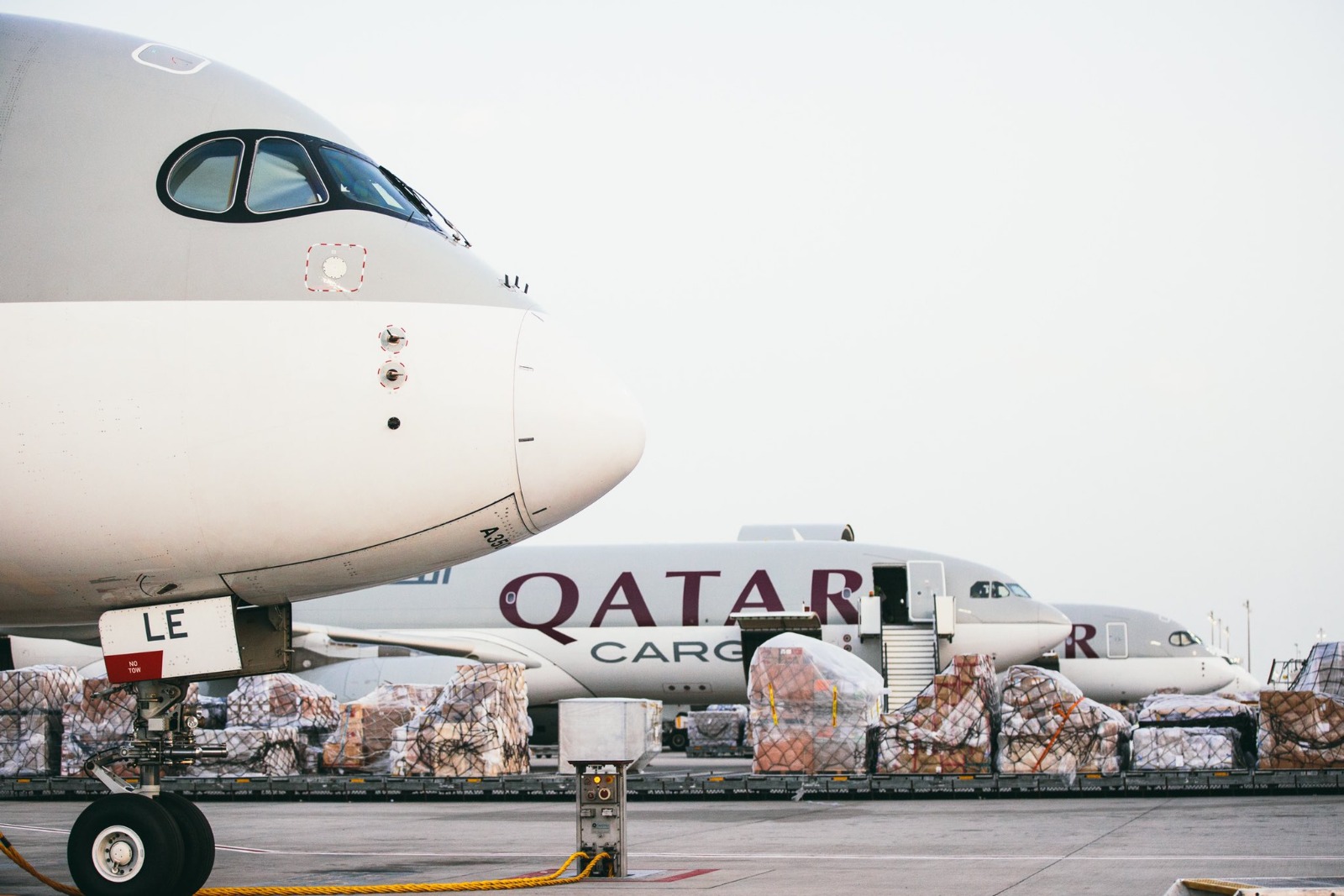As part of the alliance with OCHA, Qatar Airways Cargo is committed to transporting up to 10 tonnes of humanitarian cargo.
Qatar Airways has signed a Memorandum of Understanding with the United Nations Office for the Coordination of Humanitarian Affairs (OCHA) to strengthen humanitarian initiatives through joint advocacy, fundraising, and cargo services.
“Our cargo division is set to provide transportation of aid and emergency materials to our network of over 170 destinations and 70 freighter destinations,” said Qatar Airways’ CEO Badr Mohammed Al Meer.
“Qatar Airways continues to commit to fulfilling its humanitarian role through collaboration and advocacy through the coming years,” he added.
The new alliance, which featured Qatar’s Minister of State for International Cooperation Lolwah Al-Khater and Director of International Organisations Department Sheikha Hanouf bint Abdulrahman Al Thani, included discussions on the upcoming year’s humanitarian outlook.
Martin Griffiths, the UN Under-Secretary-General for Humanitarian Affairs and Emergency Relief Coordinator, emphasised the importance of such cooperation.
“Ensuring that life-saving assistance can reach people in need, wherever they are, requires cooperation every step of the way,” he said.
“With this partnership, Qatar Airways is showing how the private sector can help power humanitarian action around the world.”
As part of this partnership, the award-winning Qatar Airways will leverage its position as the largest global air cargo operator, and has committed to transporting up to 10 tonnes of humanitarian cargo.
The fleet includes 28 freighters and access to over 200 passenger aircrafts, enhancing its capacity to deliver aid efficiently.
Meanwhile, Qatar Airways recently renewed its partnership with the UN Refugee Agency (UNHCR) to provide 400 tonnes of free cargo space to assist in the delivery of essential aid supplies to those in need.
The Gulf airline and UNHCR have extended their partnership by an additional two years to assist in transferring essential relief supplies to vulnerable refugees and internally displaced individuals worldwide.
This marks the third extension of their joint efforts, initially forged in May 2020 amid the COVID-19 outbreak.







